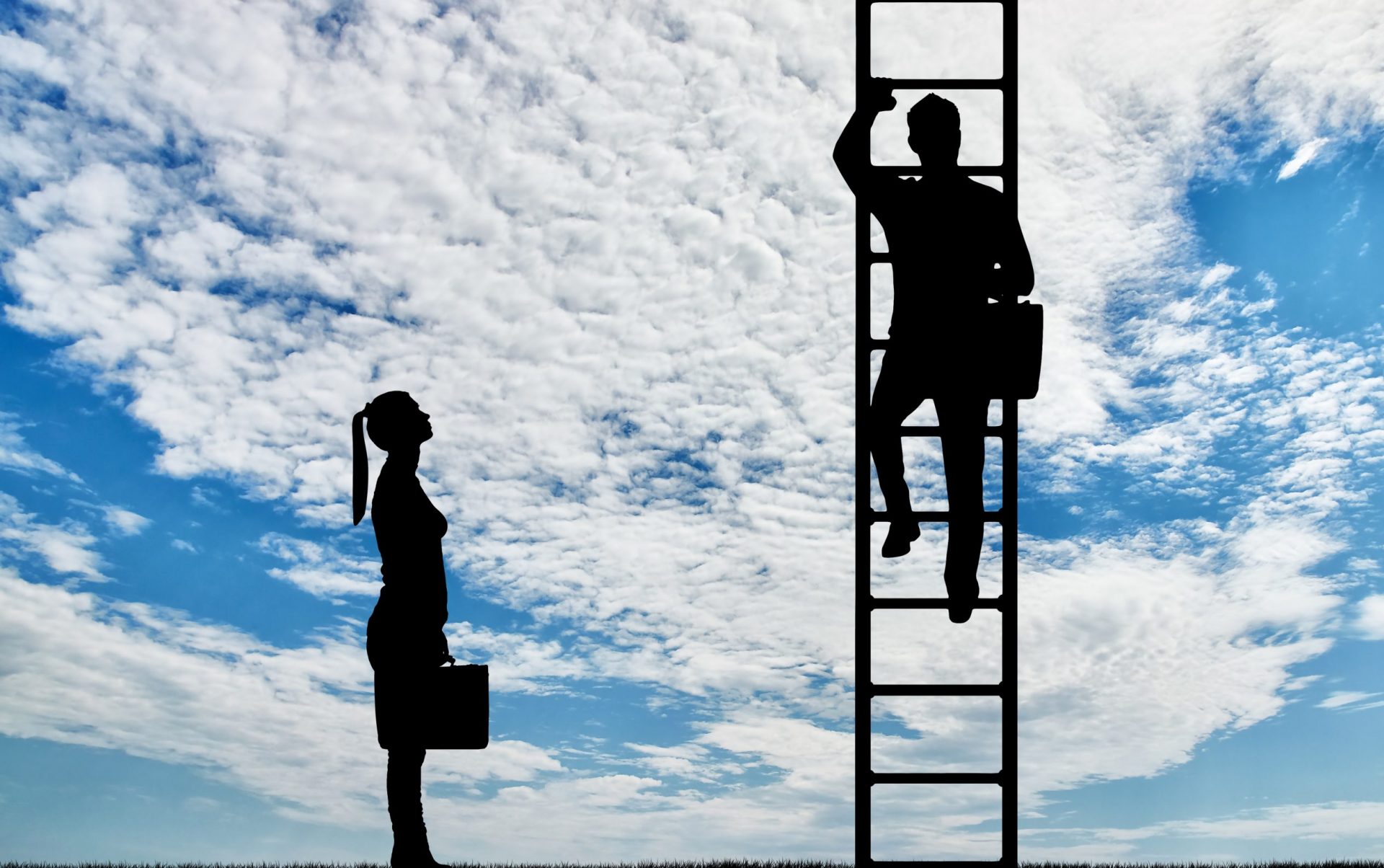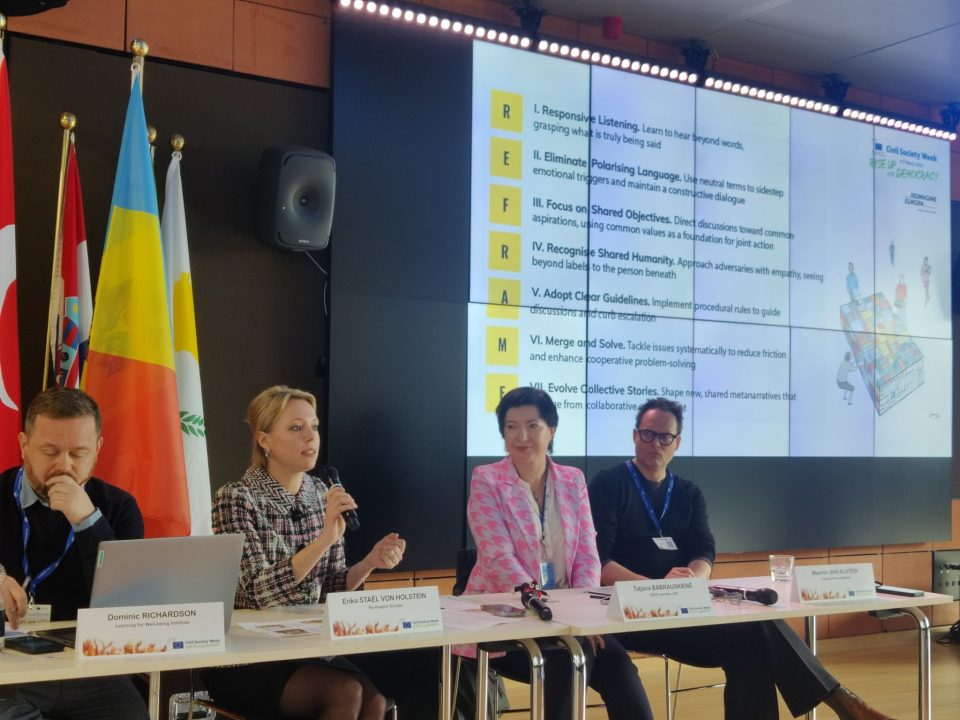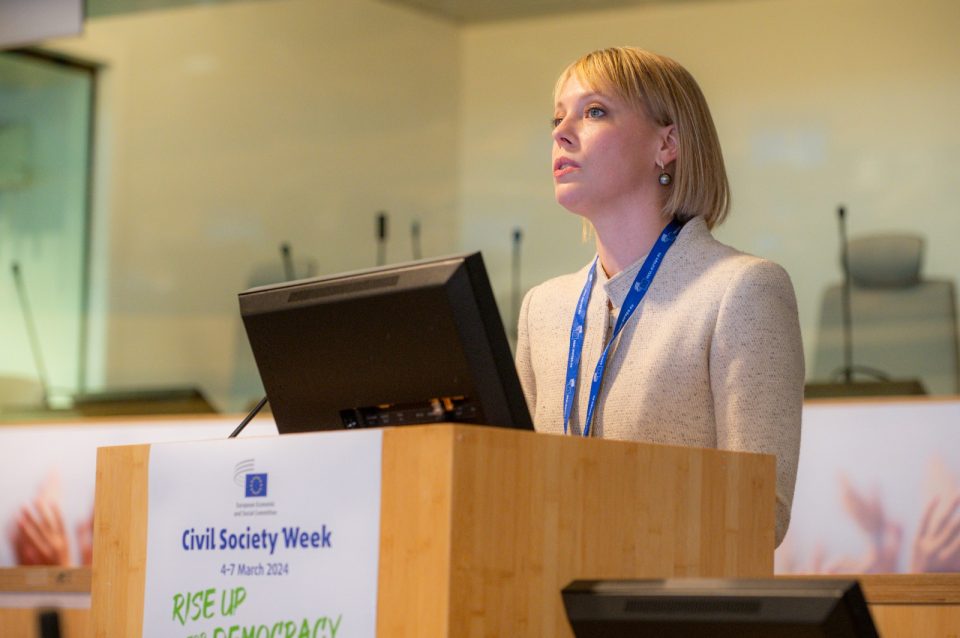Winnie Byanyima, Executive Director of UNAIDS, the Joint United Nations Programme on HIV/AIDS, published an important message on 2021 Zero Discrimination Day (March 1st). This article takes a cue from her statements to discuss inequality and discrimination.
Most of the global population is currently experiencing a broadening of inequality. While the problem did not originate from the current pandemic, the fact that COVID-19 is having a harder impact on disadvantaged groups than it does on the general population is widening the gap and contributing to growing social tensions. The marginalisation of those groups could well increase due to the related economic and social issues and the differences in access to vaccines. For instance, ten countries have administered more than 75% of all COVID-19 vaccines, while more than 130 countries have not received a single dose.
Discrimination is the underlying mechanism that is connected to most of the inequalities mentioned above. Whatever the reason for this discrimination, its effects are always evident in the disparity of access to education, health, income and employment. Discrimination is one of the most ferocious killers of today’s global, interconnected world. It is a direct or indirect cause of millions of deaths every year: it breaks human rights, undermines stability and hampers sustainable growth. Achieving equality should be considered a fundamental milestone to achieve a more just and sustainable model for our society.
While many EU citizens think that inequality is related to far-off, underdeveloped countries, it has a significant effect on the European economy and its social dynamics: migratory flows and associated problems are substantially fueled by inequalities and discrimination. Many member states are also seeing a rise in their internal rates of inequality and discrimination since restrictive measures and lockdowns contribute to the increasing disparity between social classes, exacerbating spirits and sometimes resulting in violent protests. According to our Strategic Partner OECD‘s most recent reports, income inequality in OECD countries is at its highest for the past half-century. Even emerging economies failed in distributing the benefits of growth equally, and already high levels of income inequality have risen further.
It is precisely for this reason that any vision of an economic and social model for our continent’s future must start with the fight against discrimination and inequality. By its very definition, sustainability must be for everyone, and any attempt to implement it for only a few would inevitably fail. A growing body of research shows that inequality negatively impacts environmental outcomes at different levels, including the household, community, national, and international level. They overlap with one another, thus reinforcing the impact of inequality. Similarly, other dimensions of inequality, those related to gender in particular, impact environmental quality negatively. The effort to end inequalities will help advance all human rights, make societies better prepared to cope with future emergencies and support economic recovery and stability.




